
Autism-Friendly Halloween Tips
Halloween is a fun and exciting holiday for children to wear costumes and collect tasty treats. But all of the walking and meeting strangers while trick or treating can be overwhelming for children diagnosed with Autism Spectrum Disorder (ASD). Whether you have a child on the spectrum or simply want to make your home inclusive for all trick or treaters, our Halloween tips can help you create a fun and special night for everyone!
Sensory-Friendly Tips
Look for teal and blue pumpkins
Teal pumpkins usually indicate that the house you are visiting offers non-food treats for trick or treaters with food allergies or intolerances, while blue pumpkins indicate the house is autism-friendly. Learn more about the Teal Pumpkin Project here.
Limit sensory triggers
Unfamiliar sensations can be difficult for children on the spectrum to experience. Limit your child’s sensory triggers by avoiding houses decorated with fog machines, strobe lights, loud sound effects, and startling animatronics.
Select a sensory-friendly costume
Itchy tags, tight collars, and constricting masks can create an uncomfortable Halloween experience for children with sensory needs. Avoid a meltdown by selecting a sensory-friendly, adaptive Halloween costume for your child to wear. Have them try on the costume a few times before wearing it out to make sure it fits comfortably.
Avoid face paint and masks
Masks and face paint can not only irritate a child’s skin, but also narrow their line of vision and interfere with their balance. Skip the face decorating and opt for a non-constricting hat instead to make a costume (and the experience wearing it) even better!
Safety Tips
Prep your porch
Keep your home safe for trick or treaters by removing all tripping hazards from your front porch and walkway. Place lights along pathways and steps to help trick or treaters find their way to your door (and candy bucket).
Offer non-food treats
Traditional treats like chocolate and candy may satisfy some trick or treaters, but not everyone can enjoy a nougat-filled chocolate bar or bright red lollipop due to food sensitivities. Consider offering non-food treats to make sure everyone is included this Halloween. There are plenty of low-cost items to hand out on the spookiest night of the year. Check out these fun ideas for non-food treats!
Restrain your pets
When passing out candy, make sure your pets are restrained and inside your home; excited dogs eager to make new friends can inadvertently scare some trick or treaters. It’s also good to keep pets in a separate area of your home in case children are allergic to your furry friend. For those who like to bring their pooch along for trick or treating, be sure they are trained, comfortable in crowds, and always on a leash for safety.
Brighten costumes
Although most drivers know to be extra careful when driving on Halloween, it can be difficult to see trick or treaters roaming the neighborhoods at night. Have your child wear bright colors or add reflective tape to their costume and trick-or-treat bag for greater visibility.
Accompany your child
Stay with your child at all times and try to trick or treat on well-lit streets. If you and your child are trick or treating while it’s dark out, keep a flashlight on while you make your neighborhood rounds – if your child doesn’t own a phone, have them carry a flashlight.
Important safety tip: write your contact information on your child’s trick or treat bag and costume in case you get separated.
Free, Printable Trick or Treat Card
Download and print our free Trick or Treat card for your child with autism to use this Halloween! They can be attached to their costume or handed out at the houses you visit. While disclosing a diagnosis is always a personal preference, these cards can certainly help out when encountering that one neighbor who insists on hearing the famous phrase in exchange for treats.
Consider writing a thank you message on the back: “Thank you for your understanding – we really appreciate it!”

Some kids may struggle saying, “Trick or Treat” and many might even carry a blue bucket to signify that they have autism (blue buckets and pumpkins are becoming a huge symbol for people of all ages who have autism). Remember to be inclusive and respectful of trick or treaters with disabilities and help make their Halloween special!
If you enjoyed these autism-friendly Halloween tips, check out our article on travel tips for people of all abilities!
ESNorCal’s Inclusive Trick or Treat Week
ESNorCal celebrated Trick or Treat Week leading up to Halloween, an annual event where our clients come to their sessions dressed in costume to practice trick or treating to get prepared for the big night.
Our clients weren’t the only ones in the Halloween spirit, though. The ESNorCal team loves to deck out our clinics for Halloween – and we do a spooktacular job! Check out some of the decorations from our Burlingame, Oakland, and Walnut Creek clinics below.
More Stories
How to Make Your Holiday Celebrations Inclusive for Everyone
Holidays bring opportunities to spend time with loved ones. Follow these tips to learn how you can make your holiday celebrations inclusive for everyone!
Giving Tuesday: Help Families Soar
Learn about qualifying for Social Security benefits, available to adults who cannot work because of Autism Spectrum Disorder and for parents of children with ASD.
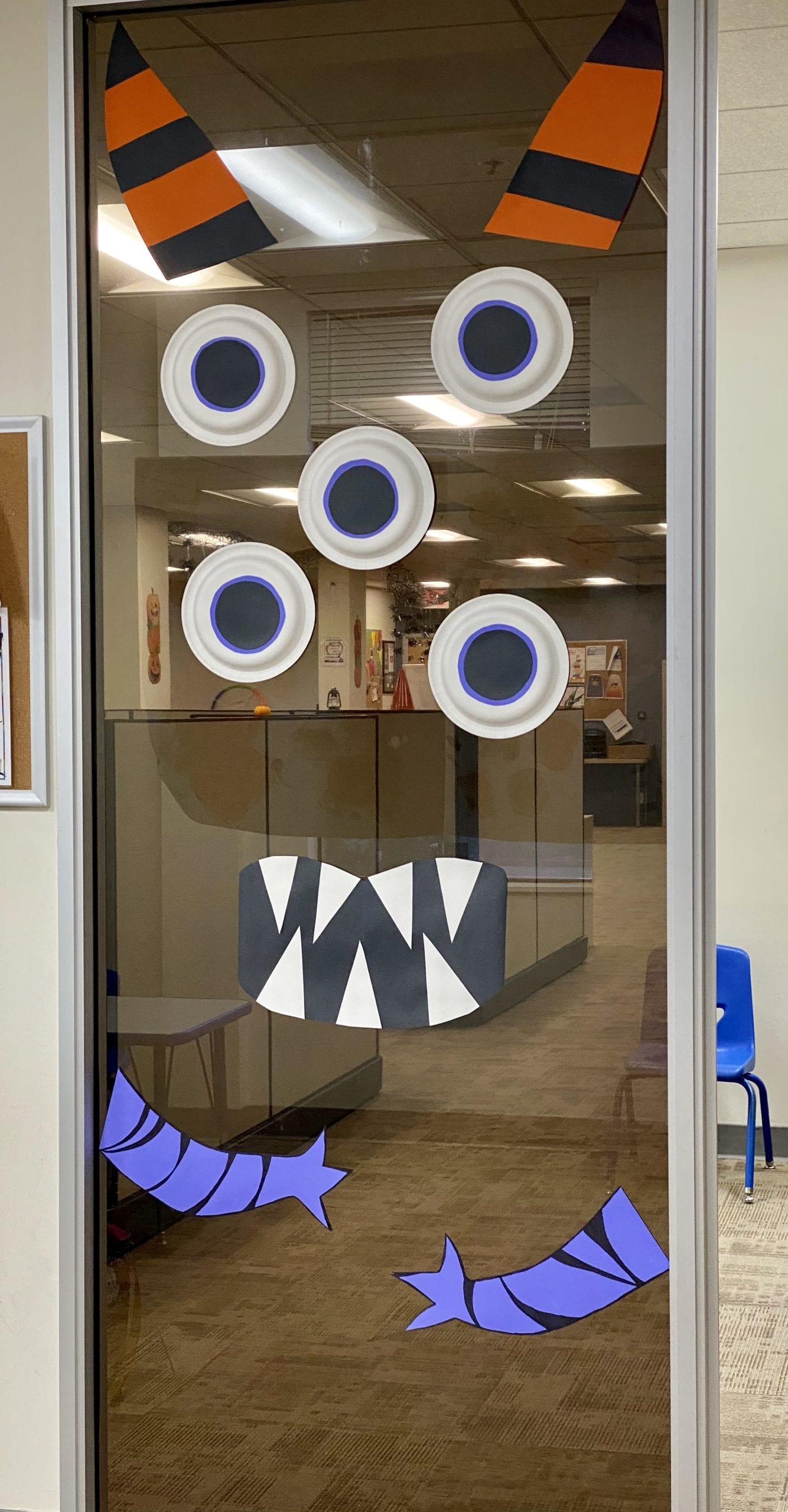
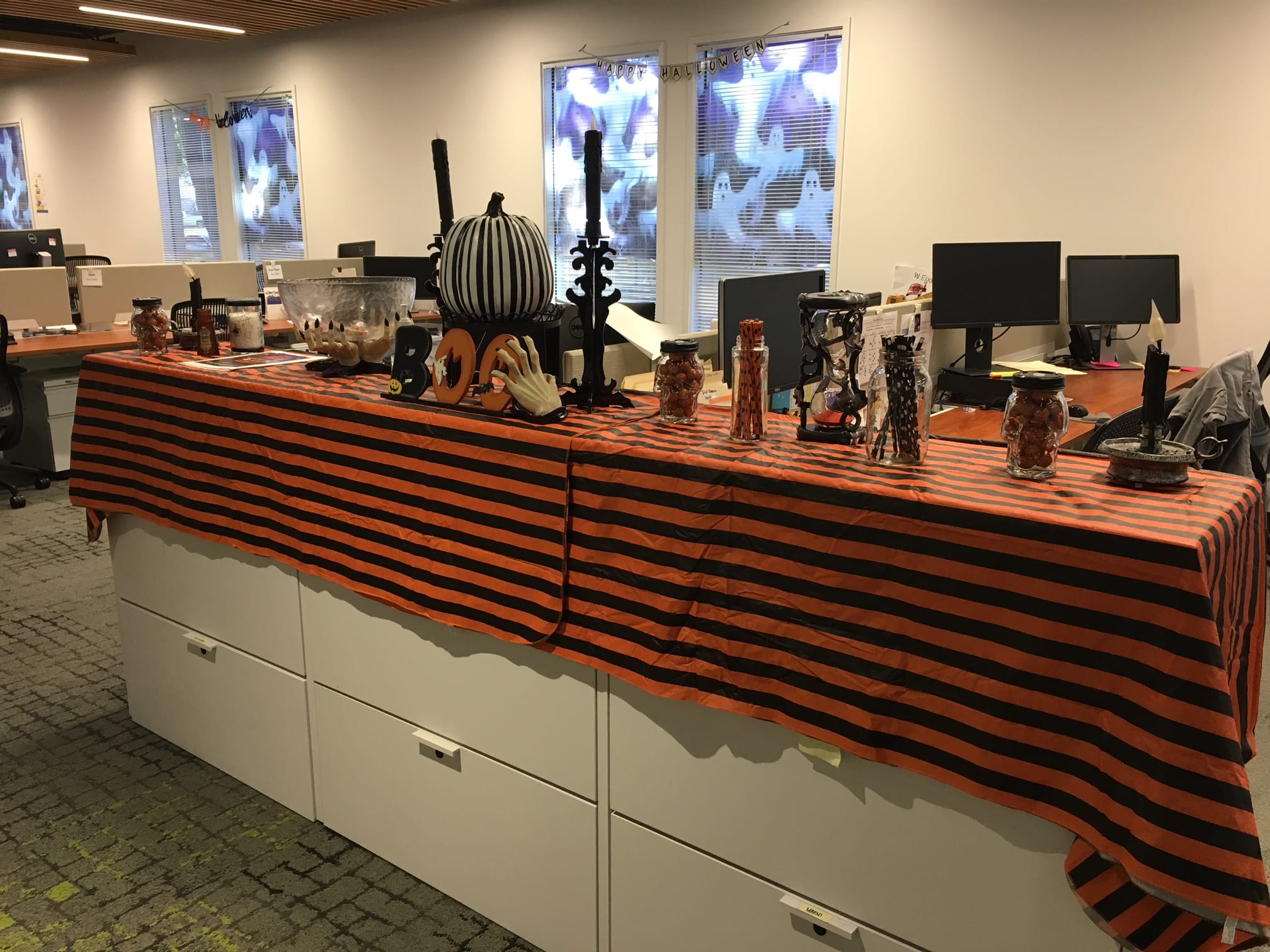
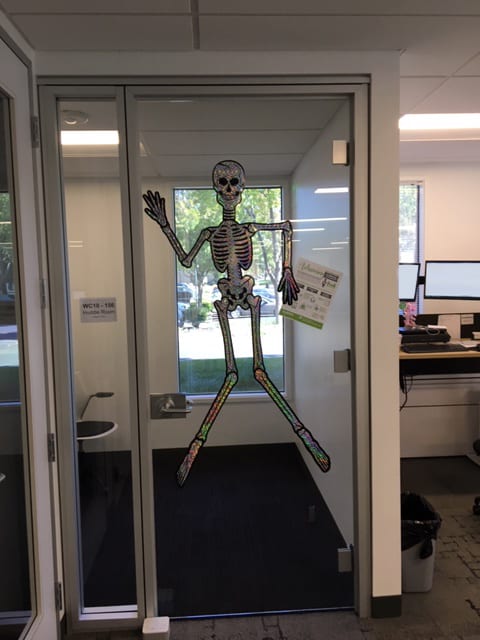
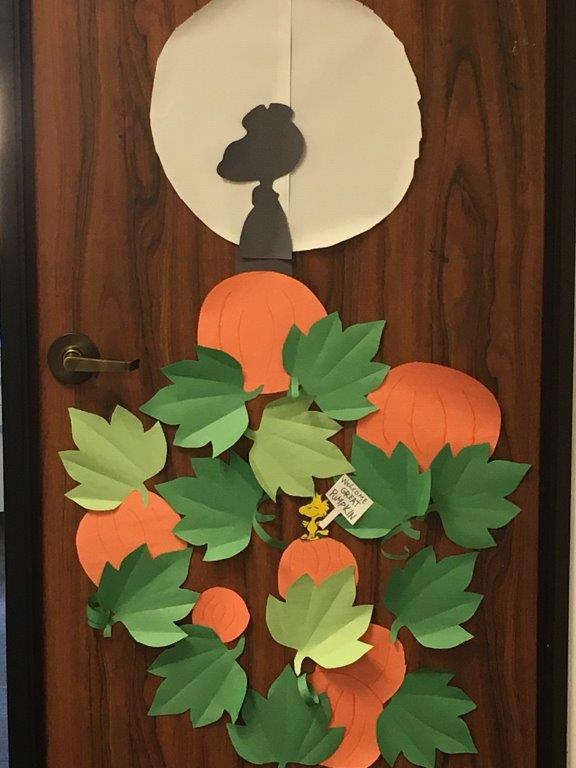
At ESNorCal, our team works together to bring support and engagement to individuals and families impacted by disabilities all year long. Interested in joining our team? See our open positions!


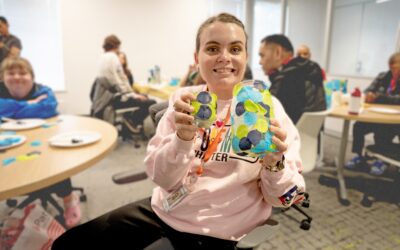


Connect with Us